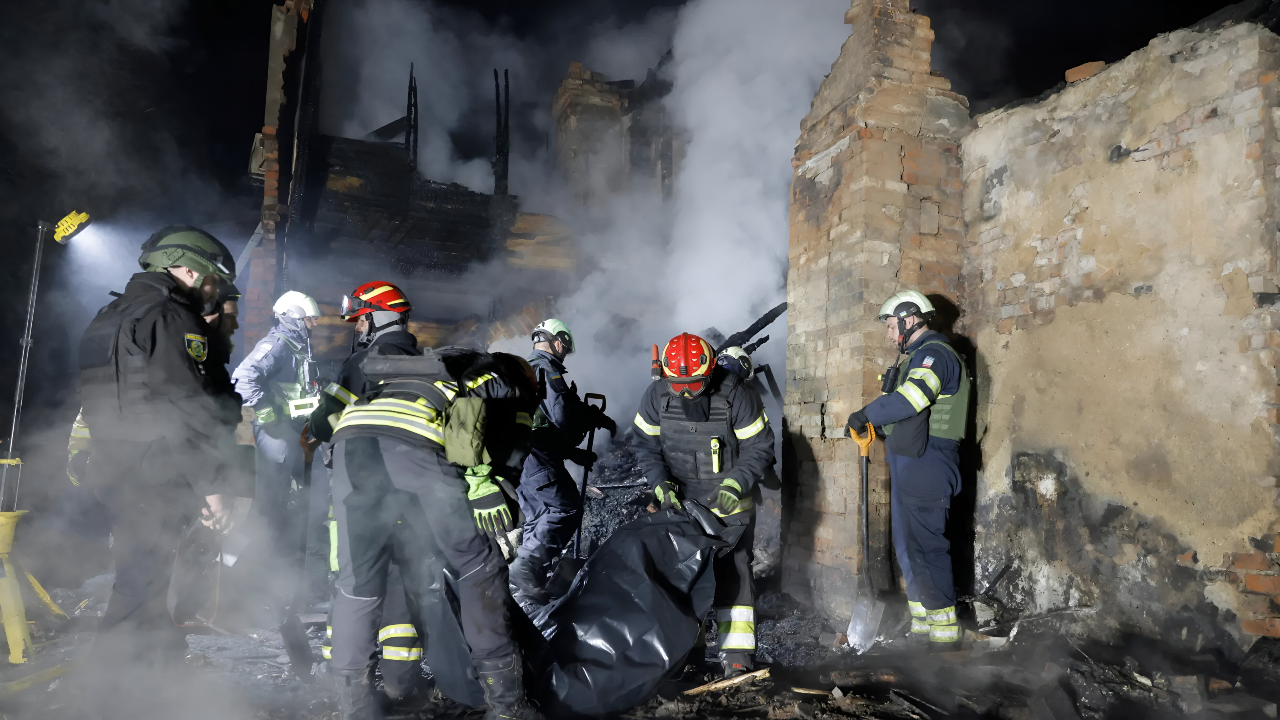
The United States announced sweeping sanctions on Russia’s largest oil companies on October 22, just hours after a massive drone and missile attack killed civilians across Ukraine, including at a kindergarten in Kharkiv. Treasury Secretary Scott Bessent said the measures against Rosneft and Lukoil aim to “degrade the Kremlin’s ability to raise revenue” for its war machine.
According to Ukraine’s air force, the overnight assault involved 405 drones and 28 missiles, marking one of the largest combined attacks of the war.
Peace Talks Collapse Before Massive Strike

The devastating attack came just after President Donald Trump canceled his planned summit with Vladimir Putin in Budapest. Trump said the meeting would be “wasted” after Russia rejected his ceasefire proposal that would have frozen battle lines at current positions.
The Kremlin said it would not halt operations without territorial concessions in eastern Ukraine. Ukrainian President Volodymyr Zelenskyy said the strikes proved Moscow “doesn’t feel enough pressure” to end its aggression.
Kindergarten Strike Kills One, Injures Children
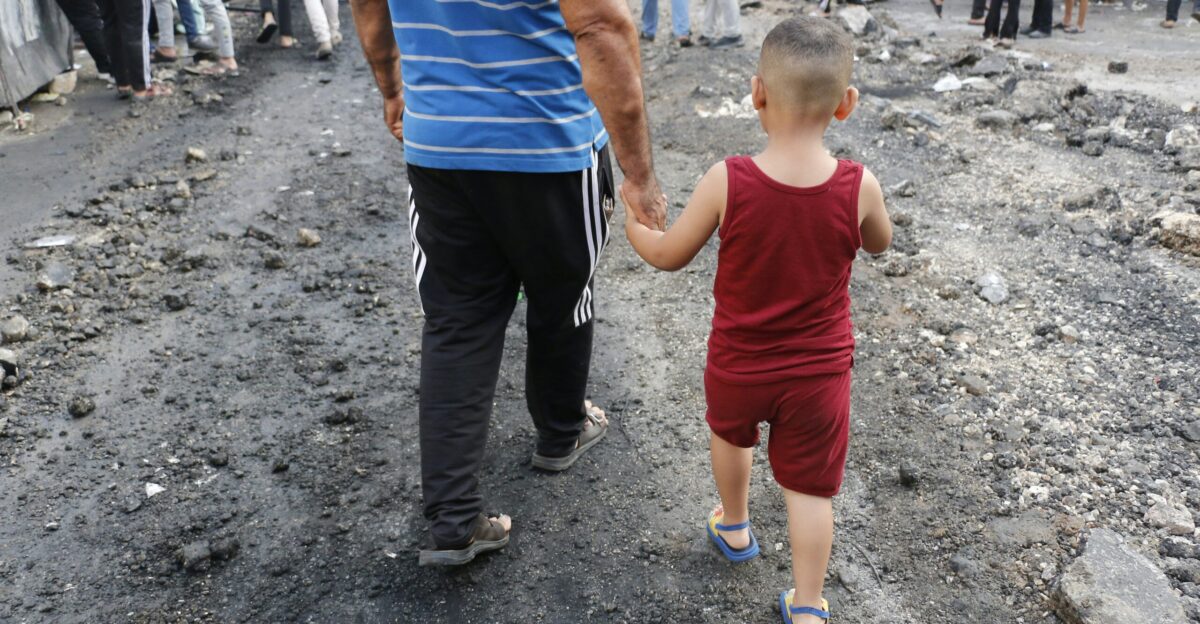
A Russian drone struck a private kindergarten in Kharkiv’s Kholodnohirskyi district, regional governor Oleh Syniehubov said, killing a 40-year-old man and injuring 10 people, including a five-year-old girl. All 48 children were safely evacuated from the basement shelter, though witnesses described them as terrified and clinging to teachers.
“There is and cannot be any justification for a drone strike on a kindergarten,” Zelenskyy said, calling the attack a war crime. Firefighters said they carried young children from the destroyed building.
Six Killed Across Ukraine in Overnight Assault

Beyond the kindergarten, the mass attack killed at least six people across multiple regions, according to Ukraine’s Interior Ministry. In the village of Pohreby near Kyiv, a drone strike killed a woman, her six-month-old daughter, and her 12-year-old niece. In Kyiv itself, two people died when a drone hit their apartment building, Mayor Vitali Klitschko said.
The assault targeted energy infrastructure and residential areas, triggering emergency power outages in most regions and leaving dozens injured. Rescue officials said operations continued throughout the morning as fires raged across the capital.
Oil Prices Surge Over 5% on New Sanctions
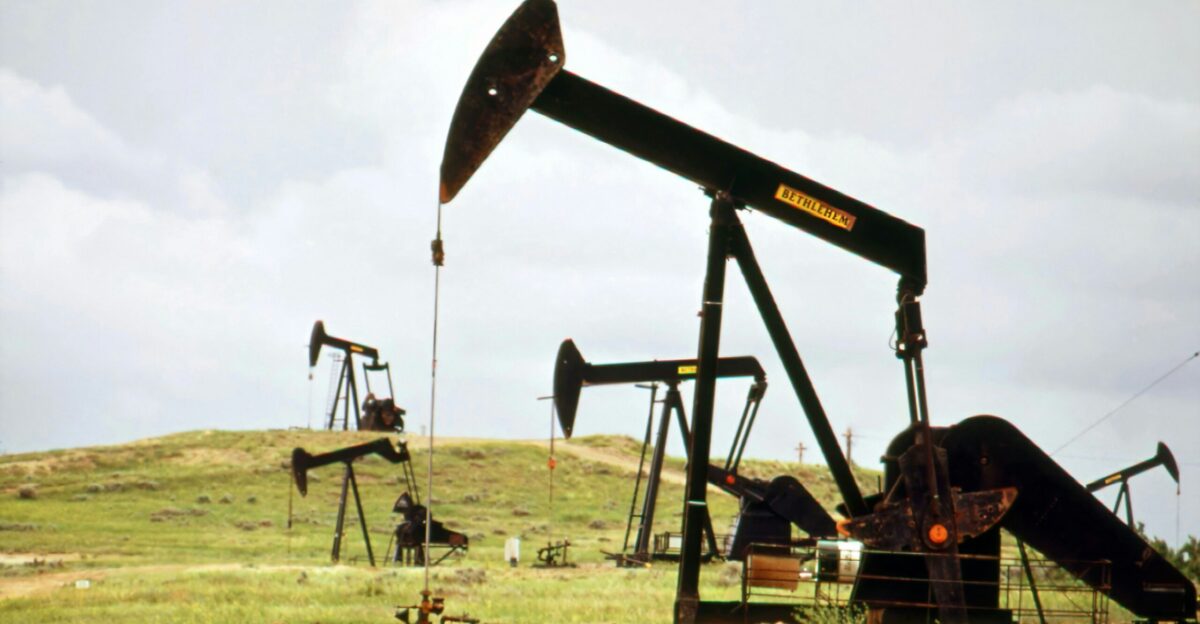
Global oil markets reacted sharply to Washington’s announcement, with Brent crude rising 5.3% to approach $66 per barrel and WTI jumping 5.4% to $61.69. The sanctions target Russia’s two largest oil companies and numerous subsidiaries and vessels transporting Russian crude.
Traders said the measures could tighten global energy supplies heading into winter, potentially driving prices higher. Analysts noted that consumers in Europe and North America could face increased heating and transportation costs in the coming months.
India and China Face Supply Disruption
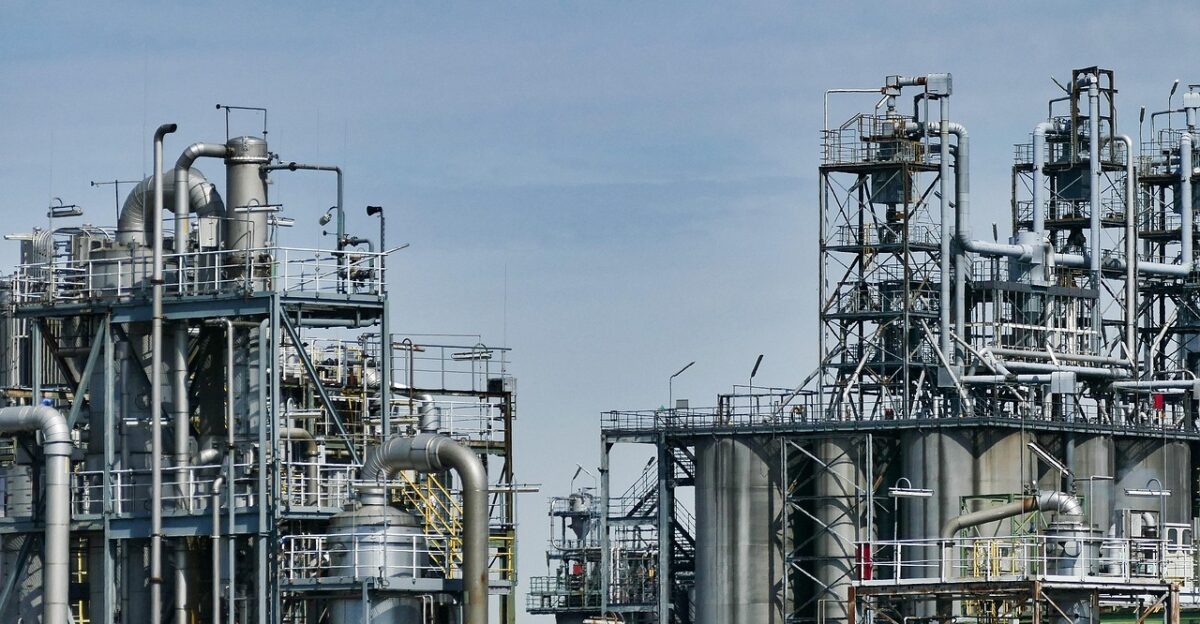
Asian buyers scrambled to respond as the sanctions took effect. Indian officials said refiners immediately began reviewing contracts to avoid direct purchases from Rosneft and Lukoil, seeking alternative suppliers in the Middle East. Trade analysts say China and India have absorbed much of Russia’s diverted oil since Western sanctions began.
The sudden restrictions threaten to disrupt established supply chains and force both nations to pay higher prices for replacement crude. Some refiners warned production could slow as they navigate compliance requirements.
Trump Meets NATO Chief on Ukraine Strategy
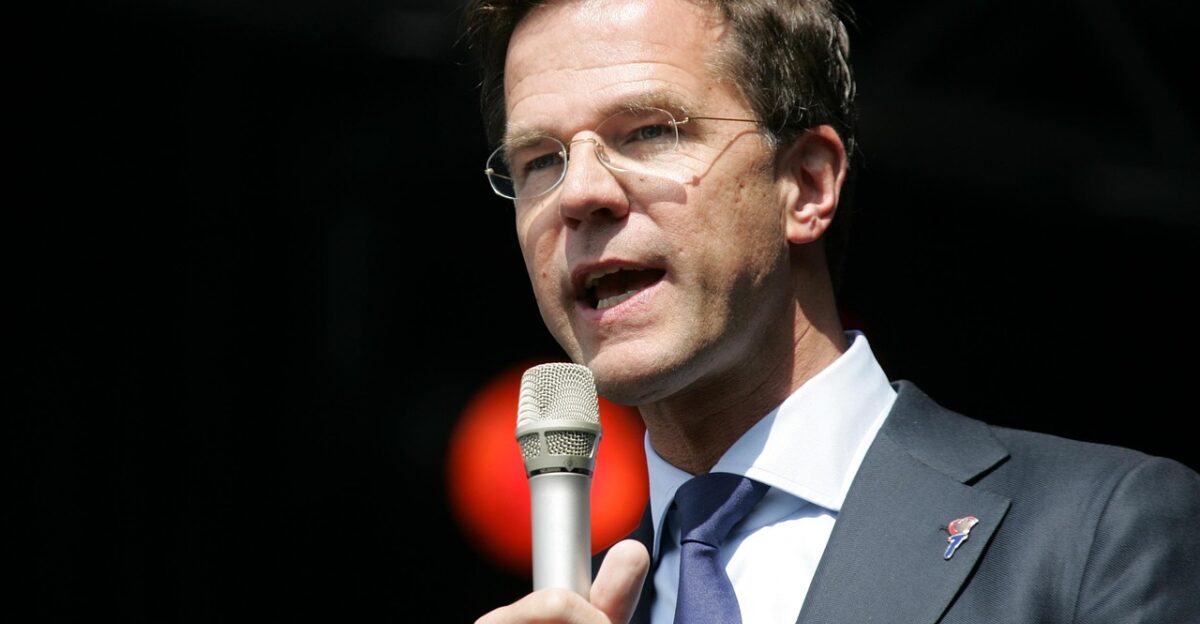
President Trump met with NATO Secretary General Mark Rutte at the White House on October 22 to coordinate the alliance’s response. Rutte praised Trump’s decision to impose sanctions, noting that “we have to stop the killing” and emphasizing NATO’s unified support for Ukraine.
Trump defended the timing, saying, “I just felt it was time” for tougher measures against Russia’s oil sector.
Ukraine Eyes 150 Swedish Fighter Jets
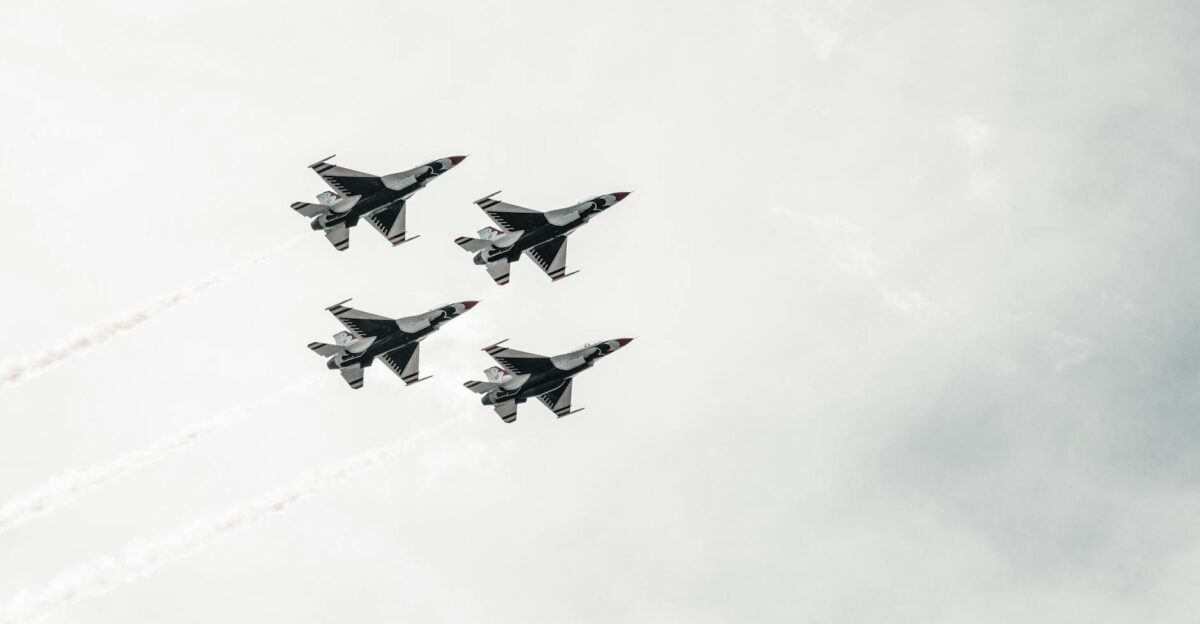
As diplomatic efforts stalled, Ukraine and Sweden signed a letter of intent for Ukraine to purchase up to 150 Gripen fighter jets to strengthen air defenses. The deal, announced during Zelenskyy’s visit to Sweden, would significantly enhance Ukraine’s ability to counter Russian air attacks.
Defense analysts said the potential acquisition represents a major strategic shift that could alter the balance in contested airspace.
European Refiners Scramble for Alternatives
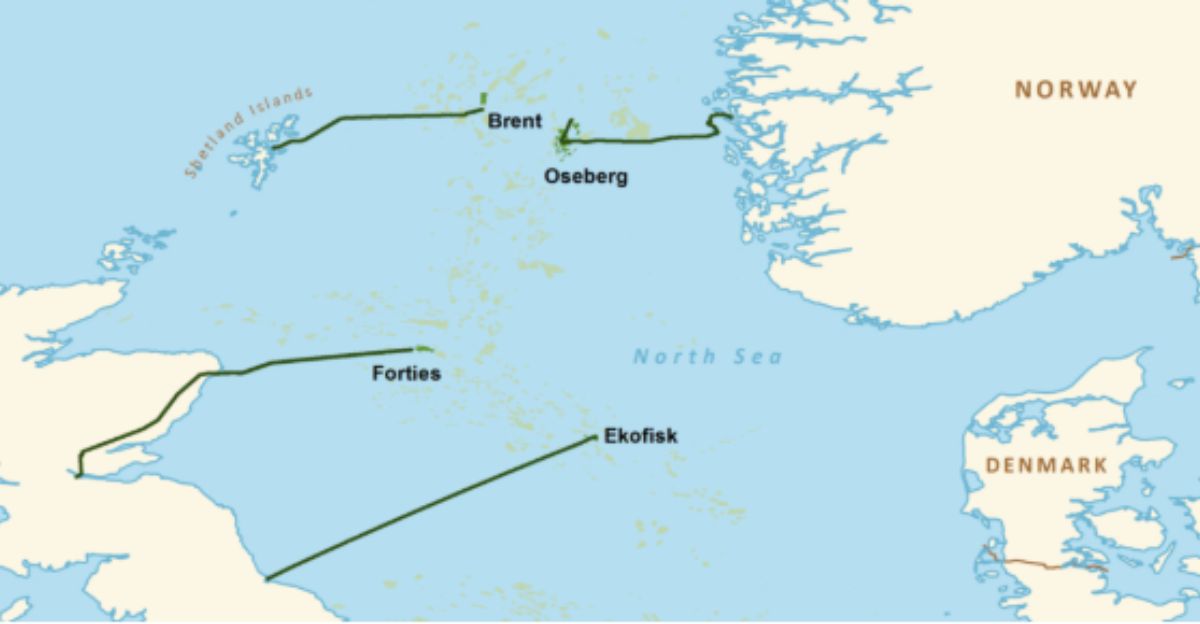
Major European energy companies face immediate pressure to adjust their operations. While BP and Shell tightened Russian oil restrictions in 2022, the new U.S. sanctions require fresh compliance reviews across the industry.
Industry executives said European refineries that previously relied on Russian crude are securing alternative suppliers, though the transition adds costs and logistical complexity. Banks and insurers have increased scrutiny of transactions tied to sanctioned entities, causing port delays and disrupting established trade routes.
U.S. LNG Exports Set New Records
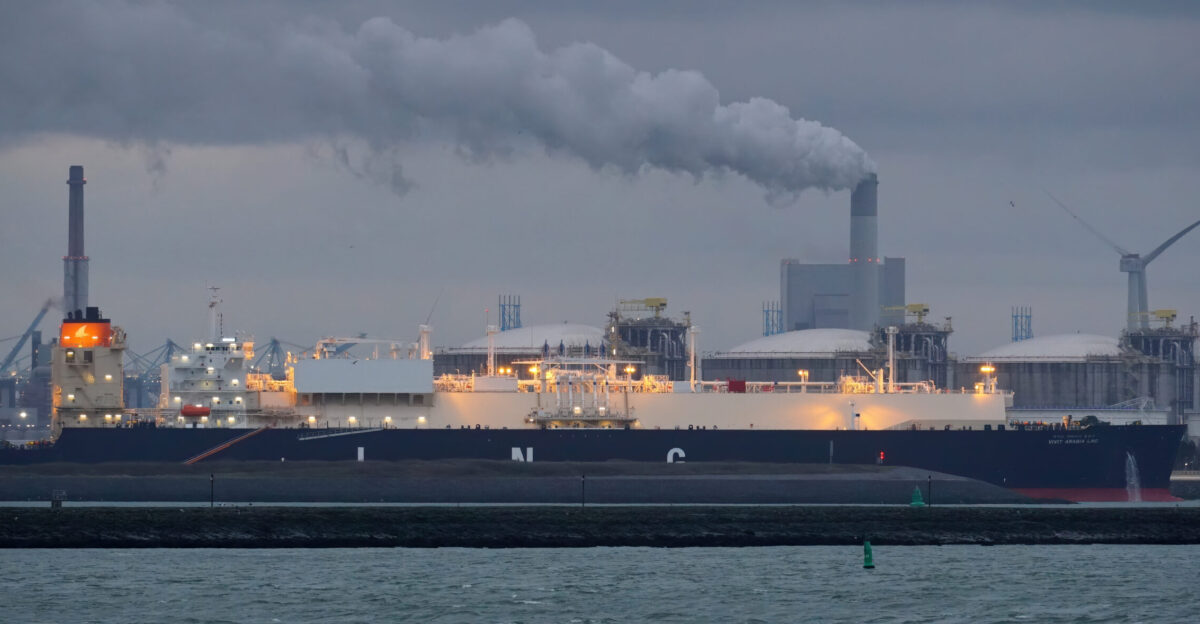
American liquefied natural gas exporters are positioned to fill gaps left by Russian supply restrictions. According to the U.S. Energy Information Administration, LNG exports reached 9.4 million tons in September 2025, setting consecutive monthly records as global demand surged. The country’s export capacity is projected to reach more than 28.7 billion cubic feet per day by 2029.
Industry analysts said sustained international demand, particularly from Europe seeking energy security, will drive continued expansion of Gulf Coast terminals and production capacity.
Inflation Concerns Rise With Energy Costs
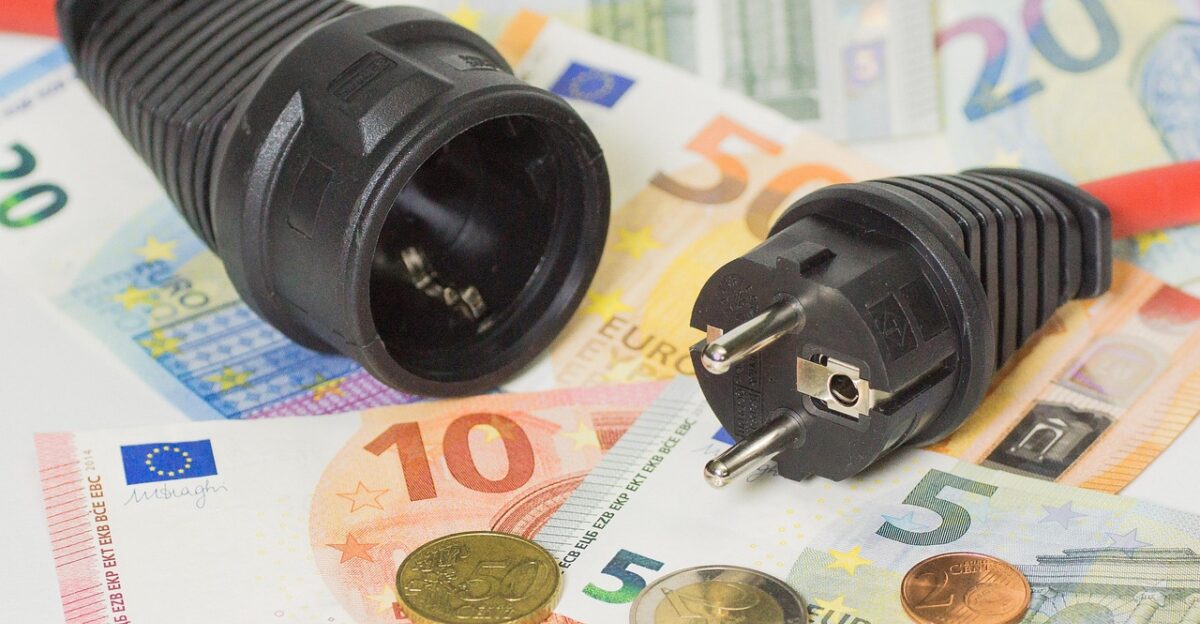
Economists warn that the sanctions could intensify global inflation pressures, particularly in Europe, where energy prices remain sensitive to supply disruptions. According to the European Central Bank, higher oil and gas costs typically filter through to transportation, food production, and household goods.
The ECB had projected lower inflation in 2025 based on declining energy prices, but the new sanctions threaten those forecasts. Market analysts said central banks already managing elevated prices now face renewed challenges from volatile fuel markets and geopolitical uncertainty.
Europe Enacted Conservation Measures in 2022–2023

During the 2022–2023 energy crisis, European nations implemented extensive conservation campaigns that reduced gas demand by 13% across the EU, according to the European Commission. Germany lowered public building temperatures to 19°C, while Italy restricted heating system operating hours by zone.
Industrial facilities made the deepest cuts, reducing production hours to conserve energy. Those measures helped Europe weather supply disruptions, though current efforts remain more limited compared to the emergency response.
Fossil Fuel Dependence Debate Intensifies
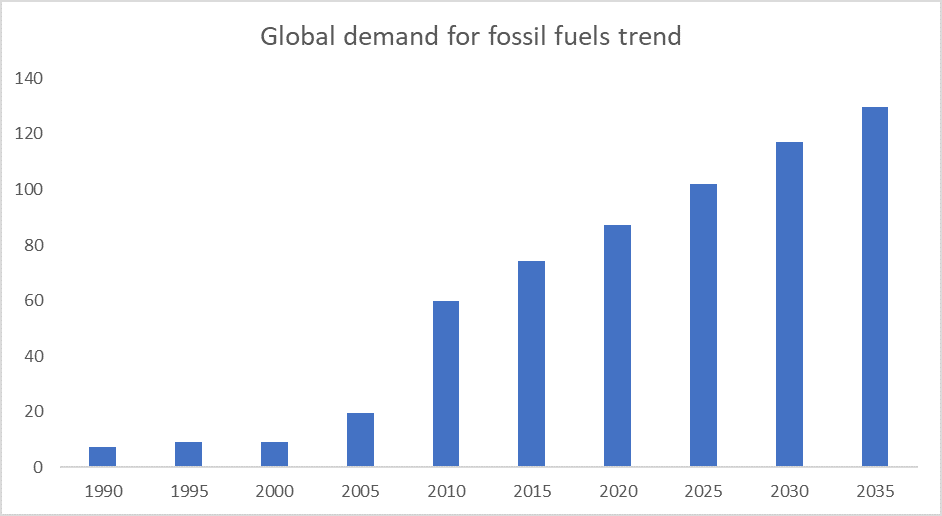
The crisis has reignited discussions about energy security and climate policy. Environmental advocates said the sanctions highlight the dangers of relying on oil from unstable regions and should accelerate renewable energy investments. However, analysts warned that short-term supply gaps could paradoxically increase coal and LNG use if clean energy infrastructure fails to scale quickly enough.
The International Energy Agency projects global fossil fuel demand will peak by 2030 as electric vehicles and renewable power expand. Long-term oil price forecasts reflect this transition, with Brent crude expected to decline toward $50–60 per barrel by 2026–2027.
Russia Dismisses Sanctions, Tensions Mount

The Kremlin condemned the U.S. sanctions as economic warfare, though Russian officials indicated they would continue preparations for eventual negotiations with Trump. Putin’s government has increasingly circumvented Western restrictions through shadow fleets and intermediaries.
Despite losing an estimated 20% of refining capacity to Ukrainian strikes since August, defense intelligence sources said Russia continues exporting significant volumes to non-Western markets.
Diplomatic Path Forward Remains Uncertain
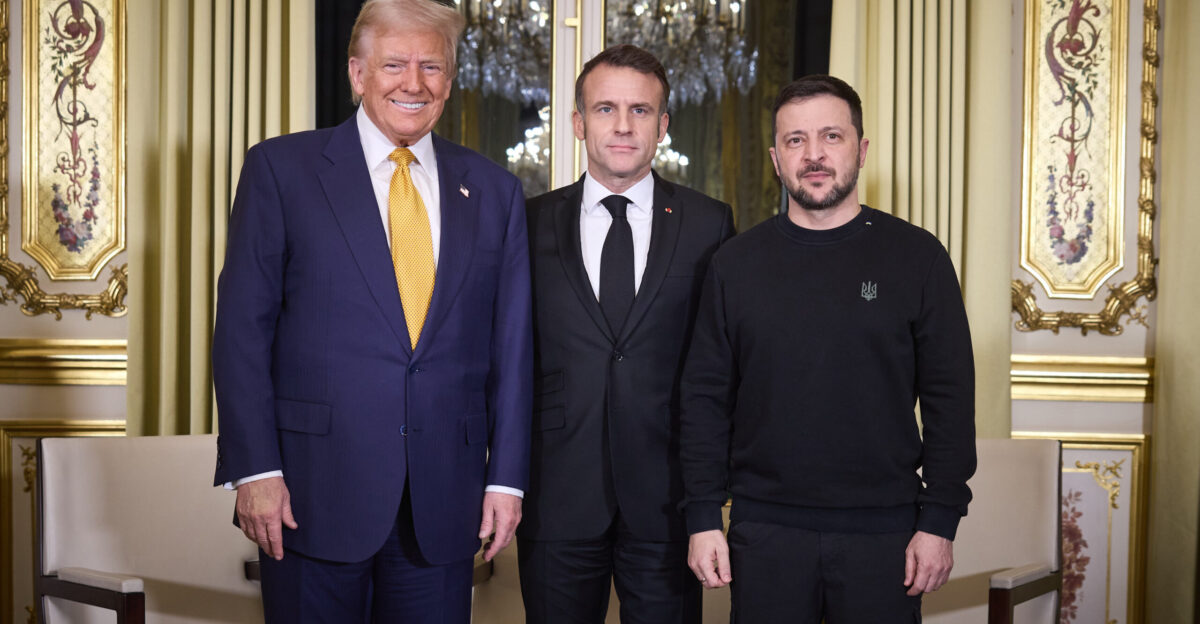
With peace talks frozen and sanctions expanding, both sides face a brutal winter ahead. Ukrainian officials said much depends on whether Russia faces sufficient pressure to negotiate seriously or continues escalating attacks on civilian infrastructure.
Western allies remain unified in supporting Ukraine while pressing for diplomatic solutions, though fundamental disagreements over territorial concessions persist. Trump’s decision to cancel the Budapest summit signals frustration with Russian intransigence, leaving the timeline for renewed talks unclear.